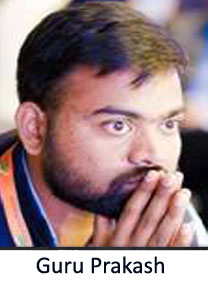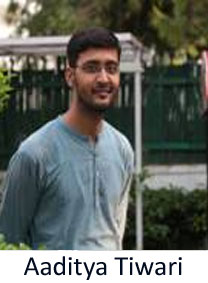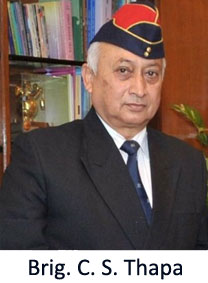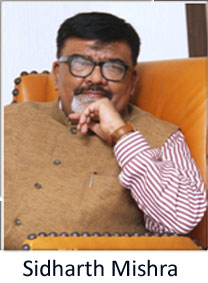“Work is worship but laughter is life. Anyone who takes life too seriously must prepare himself for a miserable existence. Anyone who greets joys and sorrows with equal facility can really get the best of life.”
This statement can easily be mistaken as a thoughtful musing of a spiritual saint who has renounced the world, and has dedicated his life to a greater cause. It is difficult to believe that the aforementioned is one amongst many non-political quotes of the iron man of India, SardarVallabhbhai Patel.
EARLY LIFE & PEASANT STRUGGLE
Born as one amongst five brothers and sisters in a peasant family of Ladbai and Jhaveribhai Patel in village Nadiad in Kaira district of Gujarat, Vallabhbhai was set for a far greater cause of independence and integration of independent India. In his formative years, his mother has had a profound impact on his psychology. Like in a normal rural setting, the mother would gather all her children and narrate stories from Ramayana and Mahabharata. While it impacted the spiritual quotient of young Patel, it was his father who introduced him to the world of peasantry.





